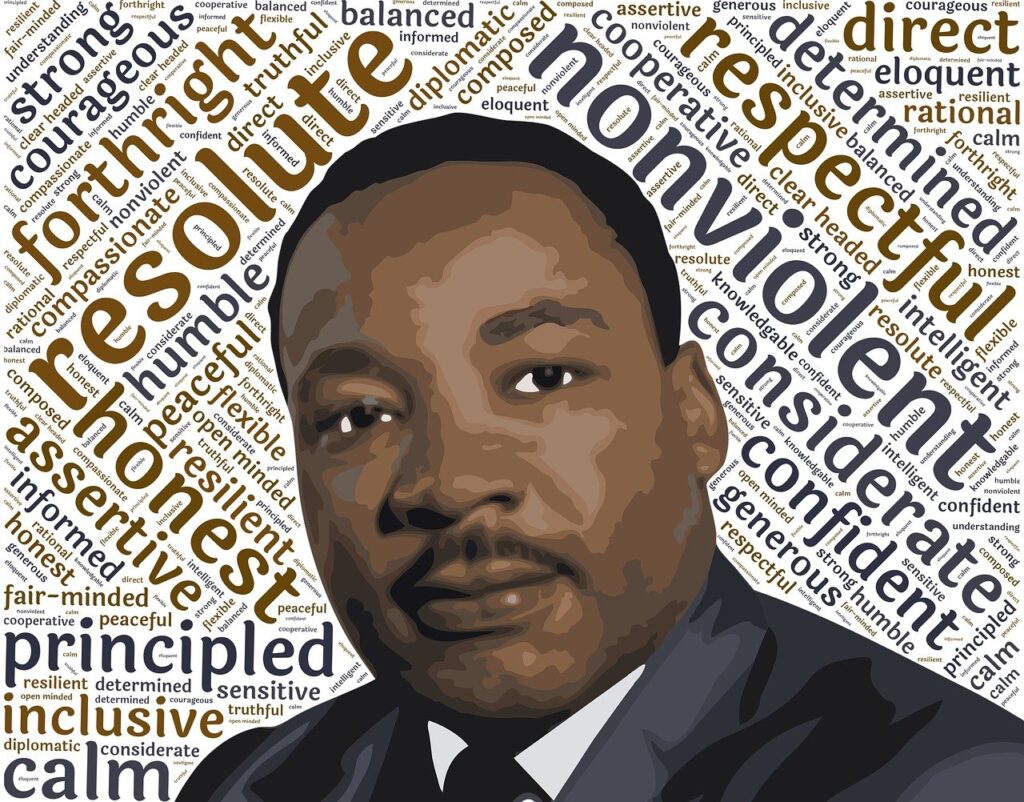In the fall of 1972, a pivotal survey captured the sentiments of Americans regarding higher education, shedding light on societal attitudes and the influence of parental expectations. This survey remains relevant due to its correlation with significant historical events, particularly the enforcement of Title IX and the evolving roles of women in the workforce.
During this era, the aftermath of the 1960s ushered in a transformative movement advocating for equal rights, with women breaking free from traditional roles as housewives and venturing into the workforce. The enforcement of Title IX by the U.S. Department of Education’s Office for Civil Rights represented a monumental stride forward, prohibiting sex-based discrimination in educational programs receiving federal assistance. This pivotal moment not only empowered women but also signaled a broader societal shift towards educational equality.
The civil rights movement of the 1960s and the subsequent enforcement of laws such as Title IX not only advanced gender equality but also had profound implications for African Americans seeking higher education. Prior to this period, discriminatory practices and segregation policies limited access to educational opportunities for African Americans. The landmark decision of Brown v. Board of Education in 1954 ruled that segregation in public schools was unconstitutional, setting the stage for increased efforts to dismantle systemic barriers. As a result, the enforcement of civil rights legislation and affirmative action initiatives facilitated greater access to colleges and universities for African Americans, catalyzing a transformative shift in educational attainment and socioeconomic mobility. This pivotal moment in history underscores the intersection of civil rights, education, and societal progress in advancing equal opportunities for all Americans.
Survey Insights: The Pulse of a Changing Generation
The survey conducted in 1972 probed individuals’ perceptions of higher education, revealing intriguing insights into motivations and societal expectations:
- 43% believed that attending college was essential to acquiring a good level of education.
- 33% viewed college as a prerequisite for securing a good job and marriage.
- 10% expressed a desire to continue schooling but faced the immediate need to earn a living.
- 8% indicated that parental influence heavily influenced their decision to pursue higher education.
- 11% cited other reasons, showcasing the diverse motivations and challenges faced by respondents.
Reflecting on Persistent Motivations
Examining these survey results, it becomes apparent that many underlying motivations for pursuing higher education persist across generations. The significance of education for securing a prosperous future remains a prevailing sentiment, although the emphasis on marriage as a goal has evolved over time.
In the 1970s, attending college was viewed as a privilege rather than a mainstream pathway for all individuals. This era marked the inception of a remarkable surge in college participation, laying the groundwork for today’s widespread access to higher education.
Contrasts and Challenges: Then vs. Now
Significant disparities emerge when comparing the landscape of higher education in the 1970s with the present day. Campuses were predominantly male-dominated back then, mirroring the prevailing gender dynamics in workplaces. Remarkably, the average cost of a 4-year public college course in 1972 was a modest $500 per year, equivalent to $2,620 adjusted for inflation. Fast forward to the present, and the cost has soared to nearly $10,000 annually, reflecting a stark economic shift.
The notion of parental influence over educational decisions, as indicated by 8% of respondents, raises intriguing questions about generational differences. Would this percentage diminish in a contemporary survey, reflecting greater independence among today’s youth?
Charting the Course: Continuity Amidst Change
Despite the passage of five decades, certain themes surrounding higher education remain constant, underscoring enduring societal values. Education continues to be perceived as a gateway to opportunity, although its accessibility and affordability have evolved significantly. As we navigate the complexities of modern education, understanding the historical context of these perspectives enriches our appreciation of societal transformations and aspirations for the future.


